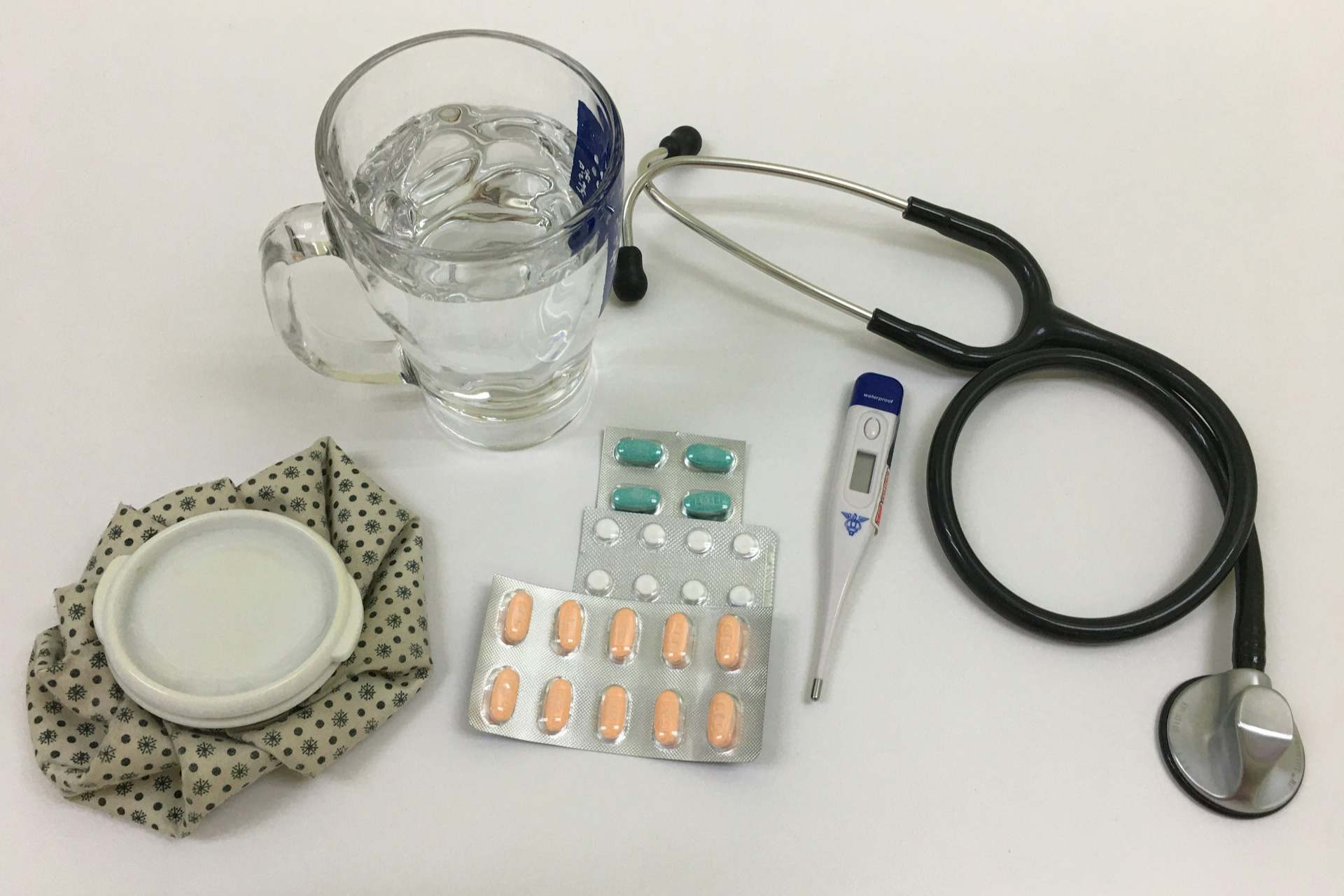Medication management is a critical aspect of treating mental health conditions, chronic illnesses, and other long-term health concerns. At New Insights Health & Wellness, we understand that effective medication management involves more than just taking prescribed drugs; it requires careful planning, ongoing monitoring, and regular communication with healthcare providers. In this blog, we explore the different stages of medication management, highlighting the importance of each phase in ensuring optimal health outcomes.
Stage 1: Initial Assessment and Prescription
The first stage of medication management begins with a thorough assessment by a healthcare provider. This initial assessment includes:
- Diagnosis: Identifying the specific condition that requires treatment, whether it’s depression, anxiety, bipolar disorder, or another health issue. This diagnosis is crucial for determining the most appropriate medication.
- Medical History Review: Reviewing the patient’s medical history, including any past or current medications, allergies, and other health conditions. This helps the provider avoid potential drug interactions and select a medication that aligns with the patient’s overall health.
- Discussion of Treatment Options: The healthcare provider discusses the available medication options, including their benefits, potential side effects, and the expected timeline for improvement. The patient’s preferences and concerns are taken into account during this discussion.
- Prescription: Once a medication is selected, the provider prescribes it, often starting with a low dose to minimize side effects and gradually increasing it as needed. The provider also provides instructions on how and when to take the medication, as well as any necessary precautions.
Stage 2: Initiating Medication and Monitoring Early Effects
After the medication is prescribed, the next stage involves the patient beginning the treatment and closely monitoring its early effects. This stage includes:
- Starting the Medication: The patient begins taking the medication as prescribed, following the dosage and timing instructions carefully.
- Monitoring Side Effects: It is common for patients to experience side effects when starting a new medication. These may include nausea, dizziness, or changes in mood or sleep patterns. Patients are advised to keep track of any side effects and report them to their healthcare provider.
- Assessing Effectiveness: During this stage, the patient and provider monitor the medication’s effectiveness in managing the symptoms. This may involve keeping a journal of mood changes, symptom reduction, and overall well-being.
- Follow-Up Appointments: Regular follow-up appointments are essential during this stage to adjust the dosage if necessary, address any side effects, and discuss the patient’s progress. The provider may also run tests to ensure the medication is working as intended.
Stage 3: Long-Term Maintenance and Adjustments
Once the medication has been established as effective, the next stage involves long-term maintenance and ongoing adjustments as needed. This stage includes:
- Consistent Medication Adherence: It is crucial for patients to take their medication consistently as prescribed. Missing doses or stopping medication without consulting a healthcare provider can lead to relapse or worsening symptoms.
- Monitoring Long-Term Side Effects: Some side effects may develop over time, or initial side effects may persist. Regular monitoring helps identify any issues that need to be addressed, such as adjusting the dosage or switching medications.
- Ongoing Communication: Maintaining open communication with the healthcare provider is essential for addressing any concerns, changes in symptoms, or new health conditions that may arise. This communication allows for timely adjustments to the treatment plan.
- Periodic Evaluations: Regular evaluations help determine whether the medication remains effective over time. If the patient’s symptoms change or if there are significant life events, the treatment plan may need to be reassessed.
- Managing Comorbidities: For patients with multiple health conditions, managing interactions between medications and ensuring that the treatment plan addresses all aspects of their health is vital.
Stage 4: Tapering or Discontinuing Medication
In some cases, patients may need to taper off or discontinue their medication under the guidance of their healthcare provider. This stage includes:
- Tapering Off: Gradually reducing the dosage of the medication helps prevent withdrawal symptoms and allows the body to adjust. Tapering is typically done when the patient has shown significant improvement or when switching to a different medication.
- Monitoring Withdrawal Symptoms: During the tapering process, patients may experience withdrawal symptoms, such as irritability, insomnia, or flu-like symptoms. Close monitoring by a healthcare provider is essential to manage these symptoms effectively.
- Evaluating the Need for Continued Treatment: Before discontinuing medication entirely, the healthcare provider evaluates whether the patient is ready to stop treatment. This decision is based on the patient’s stability, the duration of symptom relief, and any underlying conditions.
- Planning for Follow-Up Care: Even after discontinuing medication, follow-up care is crucial to monitor the patient’s mental health and ensure that symptoms do not return. If necessary, other forms of treatment, such as therapy or lifestyle changes, may be recommended.
Effective medication management is a multi-stage process that requires careful planning, ongoing monitoring, and collaboration between the patient and healthcare provider. At New Insights Behavioral Health, we are committed to guiding our patients through each stage of medication management to ensure the best possible outcomes. Whether you are starting a new medication, adjusting your treatment plan, or considering discontinuation, our team is here to support you every step of the way. If you have any questions or concerns about your medication, contact us or fill out a new patient form today to learn more about our services.






